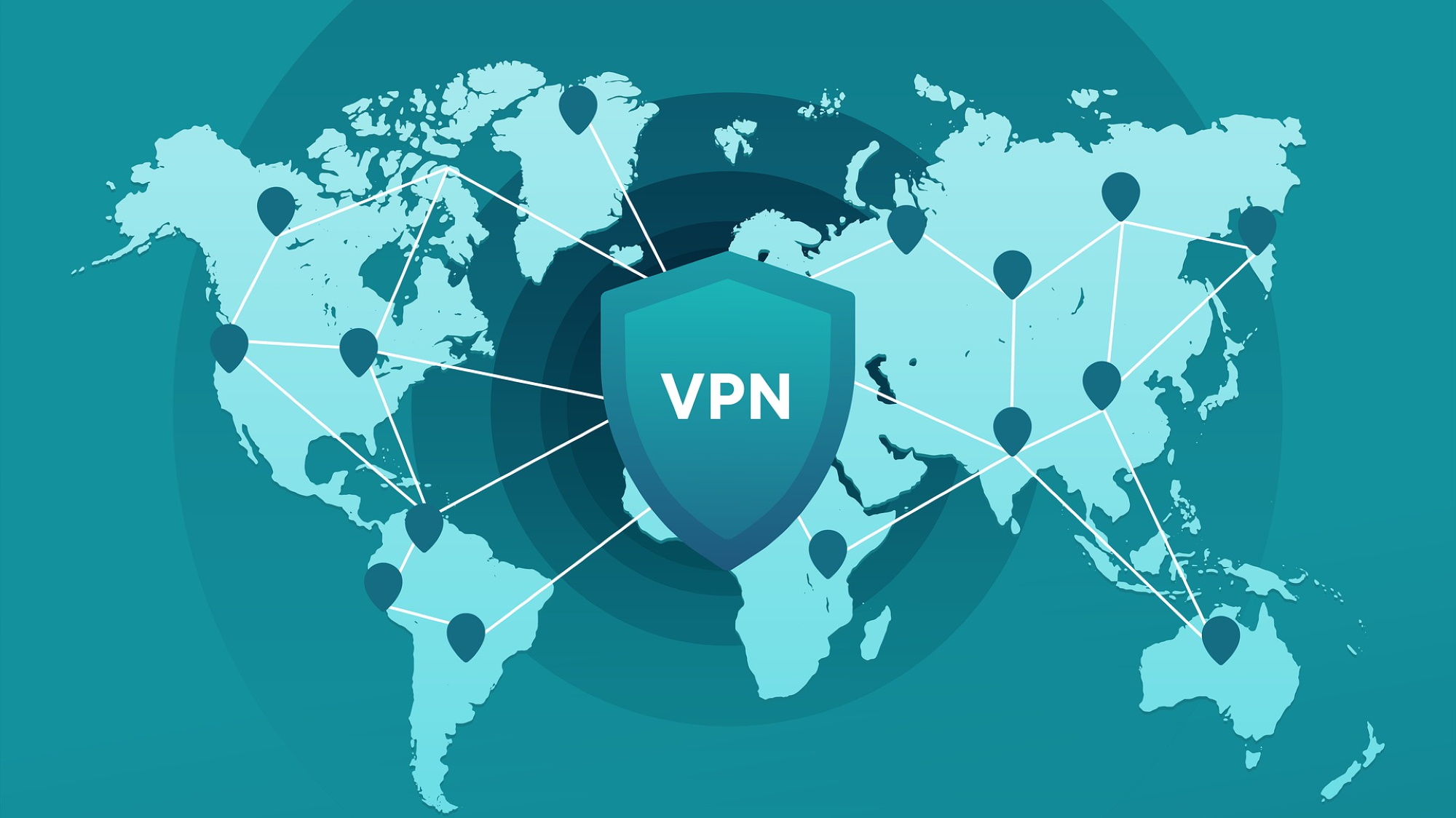What is a business VPN and does your company need one?
Understand how a corporate VPN can help your business

Businesses have computing needs that are important for the safety and security of their company. While increasingly popular with home users as well, a VPN is an important business tool that is mission critical for a variety of business uses.
A VPN is a way to send data back and forth through a private network, hence the name, Virtual Private Network, that runs on top of a public network, generally the internet. With a VPN, the data sent and received is transmitted through an encrypted tunnel, which keeps the information private, and secure.
1. Perimeter 81 is the best business VPN
Save 250+ yearly hours on manual configuration. Deploy your entire organization within a single day. Learn why Perimeter 81 is TechRadar's choice for the best Business VPN. Ditch legacy hardware and make the move to the cloud. See how simple it is for yourself.
Dedicated connection
Businesses have been facing challenges for years from having multiple locations, in geographically disparate areas. Years ago, businesses would connect their locations through a dedicated connection, known as a leased line. For example, an ISDN (integrated services digital network) would be leased to a business by the telecommunications provider, so business locations could be connected into a Wide Area network, or WAN.
While dedicated lines of dedicated bandwidth were historically an effective solution for connecting various corporate locations, the significant downside of the high cost - which increased as the distance to be connected got further away - have caused this approach to fall out of favor.
The more modern approach to connecting various geographic corporate locations is via a business VPN.
This can leverage the existing bandwidth from the ISP that the business already has. However, rather than sending the business’ data in the free and open through the public internet where the data packets can be examined by the ISP and subject to corporate espionage, rather a business VPN can be applied. This then creates a virtual connection between the multiple corporate locations, with data being exchanged via the encrypted tunnel.
Online security enhancement
Another advantage of a business VPN is security.
Are you a pro? Subscribe to our newsletter
Sign up to the TechRadar Pro newsletter to get all the top news, opinion, features and guidance your business needs to succeed!
VPNs are generally considered more secure, as users connect to a private network, which is far more curated and not the wild west of the public internet. With many businesses putting more of their resources into the cloud, it is becoming critical that access to these resources is more secure, which a VPN can provide.
Furthermore, with an increasing number of remote workers accessing company servers from off campus, a remote access VPN for a business is a critically important asset for protection of the data transmitted with the company servers protected from a hacking attack as the IP addresses are secured behind the virtual private network.
Scalability increase
A downside of a VPN is that once set up it can be difficult to grow with the business. With newer VPNs that provide them as a hosted service, and not managed on a company server, this limitation is overcome. The growth can happen on the backend, when it is needed, and without any downtime that can disrupt the business.
Be sure to look for a business VPN that can handle the number of users that your company needs, and don’t confuse this with a personal VPN, which may cover a certain number of devices on the plan, but are limited to a single user.
Read more:
- Skip to the chase - grab the very best VPN in the world right now
- Improve your online security with the best business antivirus software
- VPN meaning: go back to basics with our explainer
Jonas P. DeMuro is a freelance reviewer covering wireless networking hardware.
